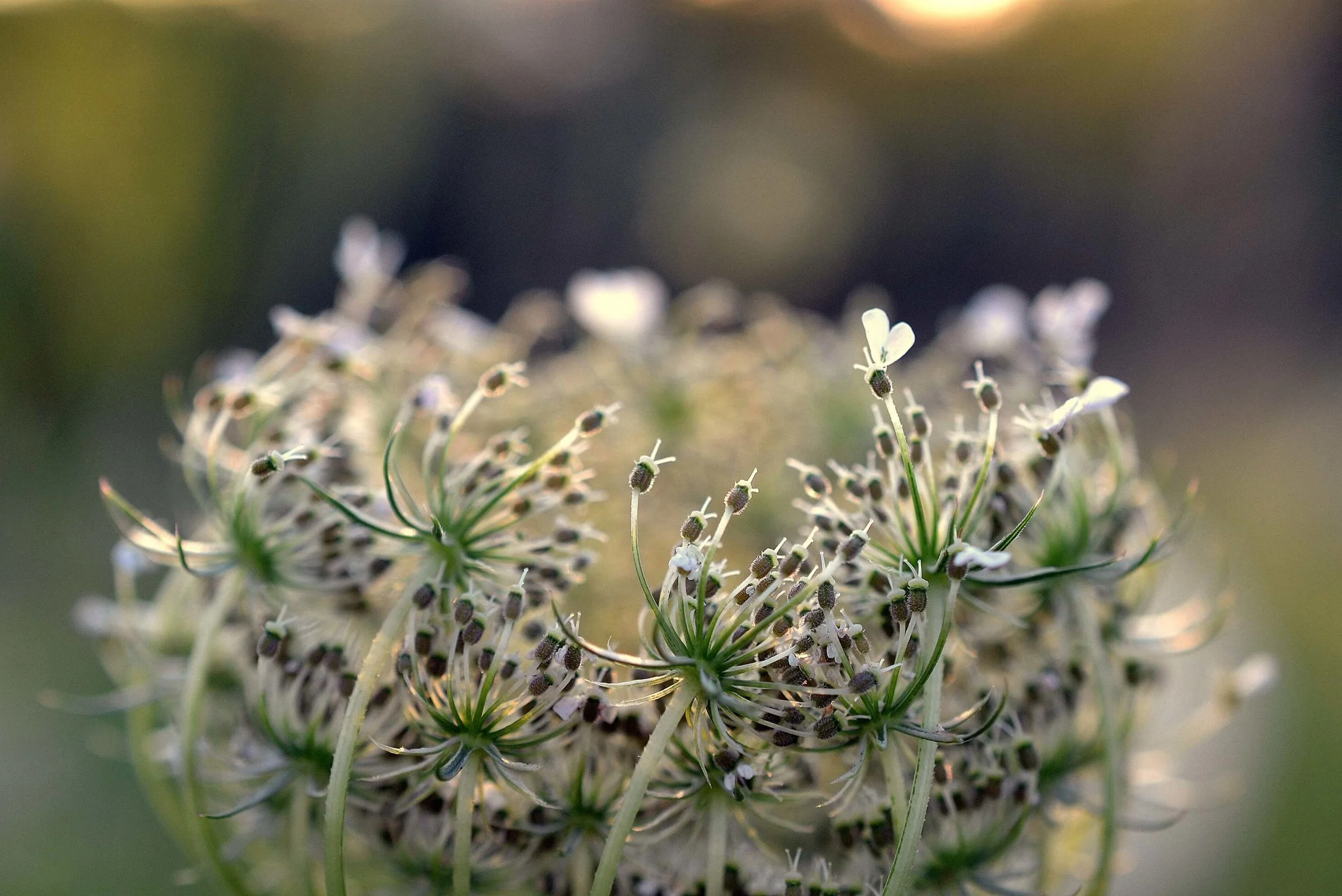Awareness of Emotions
family activity: mind jars
As humans, we have the capacity to feel a huge range of emotions: happy, joyful, excited, curious, calm, sad, disappointed, lonely, frustrated, angry, anxious, jealous, hurt. Some emotions feel good and others feel painful, but none are “right” or “wrong”—they’re only “human”!—and we’re going to experience them whether we like it or not. The more we try to deny or escape difficult or painful emotions, the stronger and more destructive they can become.
In the Kindness Curriculum, children are taught that all emotions are a natural part of who we are and that all of them deserve our attention and care. Children also learn tools to help them work with difficult emotions.
For example, when we’re mad, it’s not acceptable to hit, kick, or use words to hurt feelings, but it also doesn’t help to pretend we’re not mad. A different choice is to use a mind jar and to watch our emotions settle, change, and become something new.
Mind Jar Ingredients
Clear plastic bottle (or glass jar, for adults), 5-10 ounces
Glitter: regular glitter, white or iridescent glitter (for extra shimmer), and/or extra-fine colored glitter
Clear glue (slows the glitter)
Clear liquid dish soap (helps the glitter settle)
Super glue
Mind Jar instructions
Fill jar 1/4 full with clear glue.
Add warm water to fill the jar 1/2 way. (This makes adding the glitter easier.)
Add 1 heaping tsp. course/regular glitter, 1/2 tsp. white glitter, 1 tsp. extra-fine glitter (use more glitter if using a bottle larger than 5 ounces). It’s fine to change the amounts based on the glitter you choose.
Add warm water to the top.
Add 1-2 drops of liquid dish soap.
Put the cap on the bottle/jar and shake it up. Add more glitter as needed.
Use super glue around the rim to seal the cap.
This recipe isn’t an exact science! Add more glue if you’d like the glitter to settle slowly, less if you’d like it to settle quickly. Try different colors and kinds of glitter. Making mind jars is fun and sometimes messy. Let yourself and your kids play around and experiment.
Then put the mind jar in a special “quiet place” within your home (perhaps in the same place as the belly buddies). When anyone—child or adult—is feeling angry, sad, frustrated, worried, or over-excited, they can shake the mind jar and watch it settle. They might find that this settling and calming down is mirrored in their mind and body.
adult practice: settling the mind + self-compassion
As a caregiver, there’s a lot on your mind: work, bills, school activities, daily chores, your children’s well-being, and the ever-present to-do list. Caregivers often put themselves at the bottom of the to-do list (if at all), sacrificing their own needs for the needs of their children and other family members.
But it’s important to remember that the well-being of a family starts with the well-being of the adults. It’s okay to pay attention to what you need; it’s okay to care for yourself.
This isn’t selfish; it’s wise. Think of the lifesaving advice we hear on airplanes: “Please put on your oxygen mask first before assisting others.” If we tend to our own emotions, our own physical exhaustion, our own habitual patterns of thinking, we’ll feel stronger and healthier and better able to tend to our children’s needs. This inward attention doesn’t require a large amount of time. It can be done in small, yet powerful ways.
Sit comfortably in a chair or on a cushion on the floor. Let your posture be upright, yet relaxed. We’re looking for attention with ease: not too tight and not too loose. You can close your eyes to remove visual distractions, or you can leave them open with a soft gaze downward. Choose one of these short practices:
Self-compassion for parents and caregivers is not something emphasized in our society, yet the research shows it has powerful benefits. Kristin Neff is the leading researcher on self-compassion. You can read more about her work—and its applications to your life—by clicking here.
After you try the family activity and adult practices, we welcome your feedback. Click here to complete a quick and easy survey.
→ back to the family mindfulness homepage
[Quick menu to family mindfulness sessions: Settling, Breath and Body, Emotions, Changing Nature, Gratitude, Movement]
be kind to yourself.



